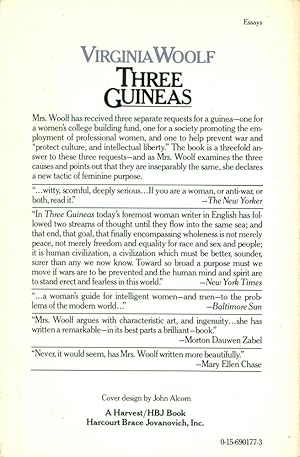

The argument to come will be launched from this self-conscious position by one who recognizes her privileged status as well as a set of learned mannerisms, ways of speaking, domestic expectations, economic virtues, and enculturated values that she shares with the man depicted in her earlier sketch. She is-somewhat counterintuitively-establishing a common ground. Before accounting for difficulties in communication, Woolf’s persona is establishing the socioeconomic position of both correspondents. While I’m certainly open to discussing the classist attitudes that Woolf probably harbored at times toward servants and cooks and laborers, this common critique seems misapplied in this instance, if only because it misses an obvious rhetorical move.


What is Woolf doing here? I’ve heard many academics-from graduate students to senior scholars-use this passage as evidence of Woolf’s classism. When we meet in the flesh we speak with the same accent use knives and forks in the same way expect maids to cook dinner and wash up after dinner and can talk during dinner without much difficulty about politics and people war and peace barbarism and civilization-all the questions indeed suggested by your letter. We both come of what, in this hybrid age when, though birth is mixed, classes still remain fixed, it is convenient to call the educated class. What is this “first difficulty”? Why does it appear? And what does it have to do with education? “Let us rapidly indicate the reason,” Woolf writes, This initially benign comment prompts her to repeat a significant concern at the beginning of a new paragraph, “It is now that the first difficulty of communication between us appears.” Now: with this troubling matter of education. (And to whom does this “us” refer-”the first difficulty between us“? I’ll keep this question in mind as I move through the rest of the long paragraph.)

5-6), Virginia Woolf’s persona concludes, “For the rest, you began your education at one of the great public schools and finished it at the university” (6). Where did I leave it? At the end of the suggestive sketch of her correspondent (pp. It’s been six months since my last post on Three Guineas.


 0 kommentar(er)
0 kommentar(er)
